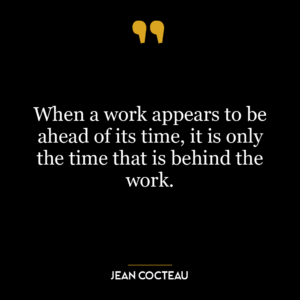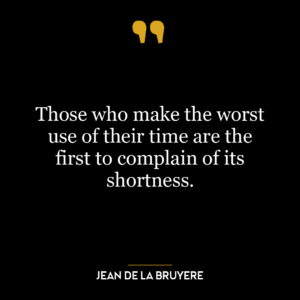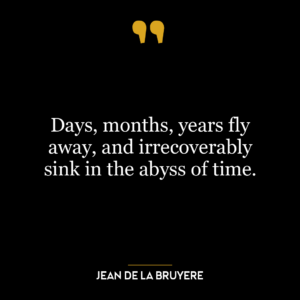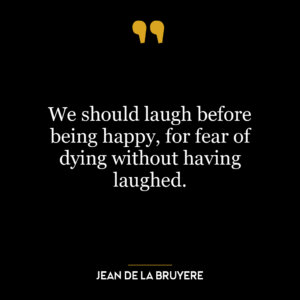This quote emphasizes the importance of quality over quantity in life. The phrase “If you wouldn’t live long, live well” suggests that even if one doesn’t have a long life, they should strive to live a good, meaningful life. The second part of the quote, “for folly and wickedness shorten life,” implies that foolish behavior and wickedness, or immoral actions, can lead to a shorter life, either literally or metaphorically.
From a literal perspective, foolish behaviors like reckless driving or substance abuse can indeed lead to a shorter lifespan. On a metaphorical level, a life filled with wickedness and folly can feel shorter because it lacks depth, purpose, and fulfillment.
Applying this idea to personal development, it suggests that one should focus on living a life of quality, filled with good deeds, wisdom, and meaningful experiences, rather than merely striving for longevity. It also encourages personal growth, as it implies that by avoiding foolishness and wickedness, one can lead a more fulfilling and potentially longer life.
In today’s world, this quote is particularly relevant given the emphasis on fast-paced living and materialistic pursuits. Many people chase after wealth, power, or fame, often at the expense of their health, relationships, or personal growth. This quote serves as a reminder that such pursuits can be short-lived and ultimately unfulfilling. Instead, it encourages us to focus on living well – cultivating virtues, gaining wisdom, building meaningful relationships, and contributing positively to society. This way, even if our lives are not particularly long, they will be rich and meaningful.












